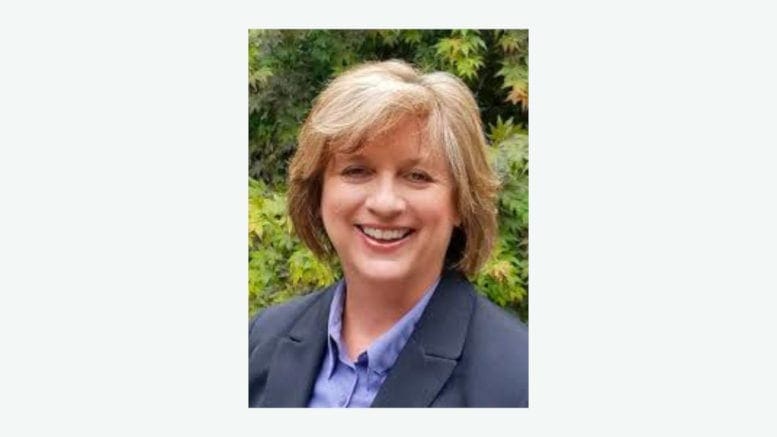By Melanie Dallas, LPC
Suicide is a difficult topic. Not only is there a great deal of misunderstanding about suicide but myths about why people choose suicide and who might be at risk are pervasive. September is Suicide Prevention Month and a good opportunity to review some of the facts about suicide and how it can be prevented.
Suicide remains the tenth leading cause of death in Georgia, and the second leading cause of death for individuals aged 10-24. While many people assume someone who dies by suicide has mental illness, not all suicide deaths are the result of mental health problems.
Some see suicide as weak or a selfish act – and believe anyone talking about or threatening suicide is only doing so for attention. Such an attitude not only lacks compassion but can increase misunderstanding; it can also be harmful to people who have survived a suicide attempt or have a family member who died by suicide. It is also not accurate.
If you want to assess your own understanding of suicide, consider the following myths and facts.
Myth: No one can stop a suicide; it is inevitable.
Fact: If people in a crisis get the help they need, they may never be suicidal again.
Myth: Asking a person about suicide will only make them angry and increase the risk of suicide.
Fact: Asking someone directly about suicidal intent lowers anxiety, opens up communication and lowers the risk of a suicide attempt.
Myth: Only experts can prevent suicide.
Fact: Suicide prevention is everyone’s business, and anyone can help prevent suicide.
Myth: People considering suicide keep their plans to themselves.
Fact: Most people considering suicide communicate their intent sometime during the week preceding their attempt.
Myth: People who talk about suicide do not do it.
Fact: People who talk about suicide may often attempt it.
Myth: Once a person decides to attempt suicide, there is nothing anyone can do to stop them.
Fact: Suicide is the most preventable kind of death, and almost any positive action may save a life.
We know that while people may plan suicide for some time, their decision to act on those plans is often made quickly and in crisis. The fact is, people don’t end their lives because they don’t want to live, but often because they want to end what for them is an insufferable and hopeless situation.
If you want to learn more about how you can help prevent suicide, Highland Rivers Behavioral Health offers Question, Persuade, Refer (QPR) training that teaches students, teachers, parents, clinicians and community members how to help prevent suicide. The QPR training can be scheduled at your location or you can attend other trainings in the area. The 60-90 minute training is available at no cost and includes:
- How to question, persuade and refer someone who may be thinking about suicide
- How to get help for yourself and learn more about preventing suicide
- The common causes of suicidal behavior
- The warning signs of suicide
- How to get help for someone in crisis
For more information, or to schedule a QPR training for your organization, contact Highland Rivers at ZeroSuicide@highlandrivers.org.
It is imperative for everyone to know what to do if you encounter someone who may be thinking about self-harm. If connecting with a professional therapist would be beneficial for you or a loved one, contact Highland Rivers at (800) 729-5700.
During non-business hours the Georgia Crisis and Access Line, (800) 715-4225 (or use the myGCAL app), and the National Suicide Prevention Lifeline, (800) 273-TALK (8255), are available 24 hours a day; both can now also be reached by calling 988. Other resources include the Crisis text line 741-741, and The Trevor Project 1-866-488-7386; text 678678.
Suicide is preventable and the more you know, the more likely you will be to help someone struggling with self-harm, the more likely you may be to help save someone’s life.
Melanie Dallas is a licensed professional counselor and CEO of Highland Rivers Behavioral Health, which provides treatment and recovery services for individuals with mental illness, substance use disorders, and intellectual and developmental disabilities in a 13-county region of northwest Georgia that includes Bartow, Cherokee, Cobb, Floyd, Fannin, Gilmer, Gordon, Haralson, Murray, Paulding, Pickens, Polk and Whitfield counties.
